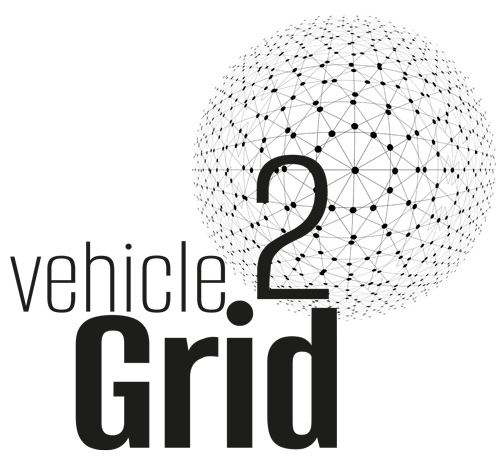Currently, significant worldwide research activities are carried out to accomplish more efficient energy storage methods and to overcome challenges in using regenerative energy continuously. For Li-ion batteries, the volumetric energy density may be increased considerably by substituting conventional graphite anodes with materials based on Si and also in prospective by metallic Li. However, there is still a huge need for optimization for these materials regarding cycle stability, operational reliability and production methods. Therefore, innovations are required for resource-efficient technologies that enable cost-effective and scalable manufacturing processes. However, in order to exploit the full advantages of the metallic lithium-based anode concept in future battery generations, it is necessary to fabricate compact, stable anode layers with targeted layer thickness in the micrometer range.
We demonstrate a physical vapor deposition process for preparation of pure metallic lithium layers on copper sheets and copper foils in the thickness range of 1-20 µm. The lithium layers have been deposited by thermal evaporation at static coating rates up to 100 nm/s and dynamic deposition rates up to 2 µm*m/min, respectively. Furthermore, lithiated silicon layers with various compositions have been deposited by co-evaporation of lithium and silicon, where silicon was evaporated by a deflected electron beam. By upgrading the vacuum tool with a load lock enclosed by a glovebox and a specialized feeding system for the evaporation feedstock, a consequent material handling under inert argon atmosphere with residual concentration of oxygen and water below 0.1 ppm has been realized. Coating conditions such as vacuum conditions, substrate temperature and deposition rate were varied systematically and their influences to layer properties were studied.

